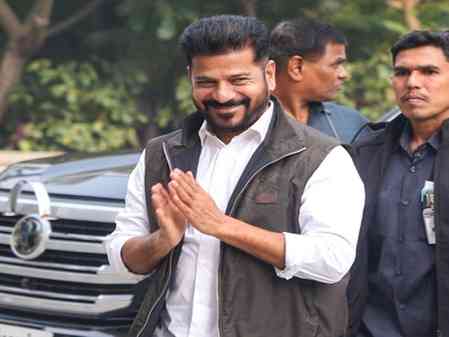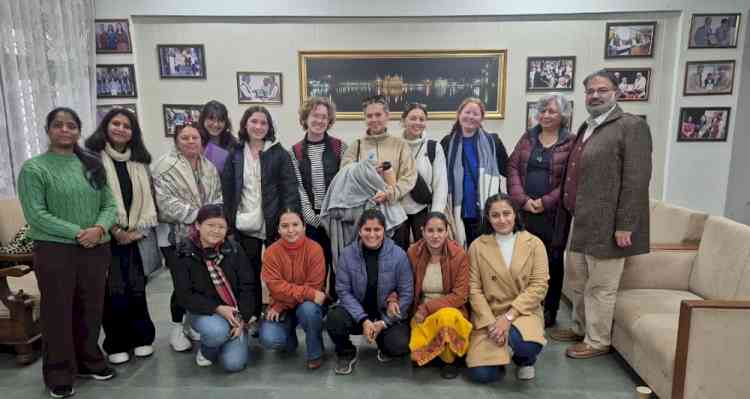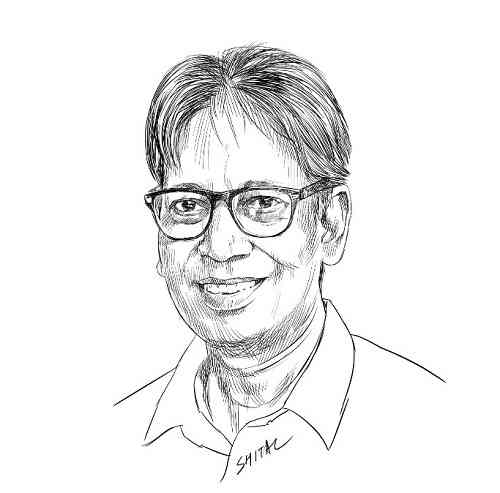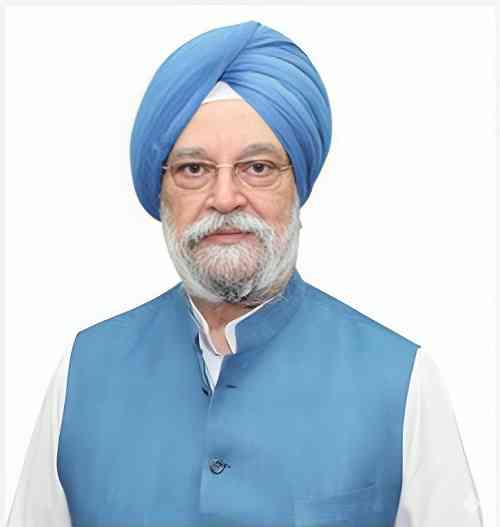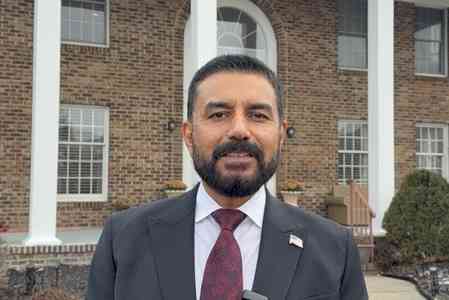SEVEN DAY E-LEARNING WORKSHOP CONCLUDES AT PU
THE TOPIC WAS ‘RESEARCH IN THE TIME OF A PANDEMIC’
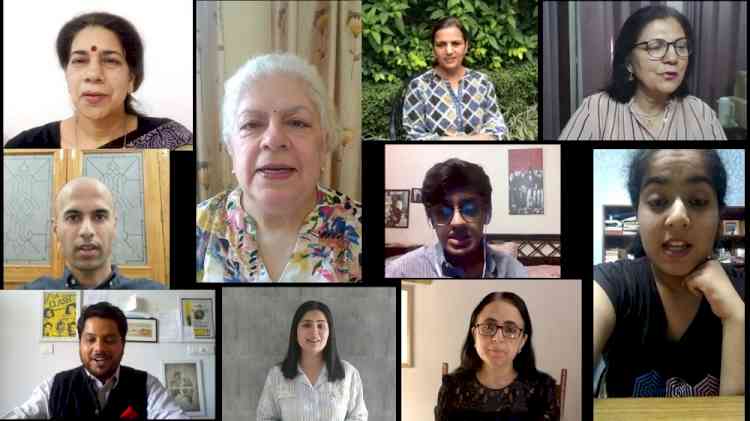
The topic was ‘Research in the Time of a Pandemic’
Chandigarh:
Keeping in mind the challenges researchers are facing due to the COVID
19 pandemic, the Department of English and Cultural Studies, Panjab
University organized a seven day E-Learning workshop titled ‘Research
in the Time of a Pandemic’ from April 21-27, 2020.
Under the guidance of Dr. Deepti Gupta, Chairperson of the Department
and Coordinator of Workshop, Pranav Kapil, the workshop aimed to bring
a vast range of modern tools, sources, and practices to help
researchers continue their valuable work in a moment when access to
libraries and institutions has become untenable. The workshop got an
overwhelming response with about 500 participants registered for this
workshop. The workshop comprised of tw
o hours of sessions every day, conducted by eminent resource persons,
addressing in the seven day period all the steps of research a
researcher undertakes in his/her endeavour.
The workshop began on April 21 with the session titled ‘The Horn of
Plenty: Online Resources Available During a Pandemic and How to Make
the Most of Them.’ Mr. Sanveer Bindra a researcher having a
distinction from University College London and the University of St.
Andrews showed the participants the cornucopia of sources that had
recently been made available due to the pandemic and a treasure trove
of other lesser-known resources that would serve to be of
quintessential help to all researchers.
The second day of the workshop titled, ‘Research Methodologies That
Don’t Require You to Step outside the House’ was taken up by Dr.
Sakoon Singh a former Fulbright scholar and an invaluable expert in
the field. She demonstrated for the researchers the various approaches
and methods that researchers need to employ or design in these times
with the stipulation of having to stay at home.
Day three of the workshop had Mr. Bindra demonstrated for the
researchers the various online avatars necessary for researchers to
remain actively at the forefront of their field. This included a
discussion and demonstration of how to make the most out of a Google
Scholar, Scopus ID, Orchid ID, Shibboleth ID , etc.
Day four saw two resource persons Assistant Professor Ms. Urvi Sharma
and Assistant Professor Mr. Abhishek Trehan, hold sessions on Research
Writing, the expert use of MS Word, Mendeley, Turnitin, and other
essential software that would help a researcher resolve the challenges
of staying at home and working with limited resources.
Day five of the workshop had Dr. Sharda Kaushik, Professor and Head
Centre of Management & Humanities, PEC holding invaluable sessions on
Reviewing Literature and Writing the Abstract.
On day six of the workshop Dr. Maninder Sidhu, Professor and Head
Department of English GCG 11 held sessions under the title Reviewing
New Research and Guidelines for Writing Review Papers, these sessions
showed researchers how to remain actively engaged at the forefront of
their field by showing them ways to start and sustain the discourses
emerging presently.
The final day of the workshop had sessions by Dr. Bindu Sharma
Associate Professor, MCM DAV College on ‘COPE Guidelines and the Best
Publishing Practices for Researchers’ these sessions paved the way to
a clear understanding of the highest practice of ethics and
publishing.
The workshop came to a close with all resource persons and the team
sending beautiful messages of encouragement to the participants stuck
at their homes. The workshop remained a roaring success all seven
days.
Mamta a participant stated that “A feeling of connectivity within the
research fraternity has been felt.” Kusum another participant noted
that “The workshop justifies its name. The team has brilliantly made
the sessions insightful." Mehak thanked the department for this
initiative by stating “The overall event is simply a great initiative
by the department to help and reach the researchers in this time of a
global pandemic."


 cityairnews
cityairnews 
